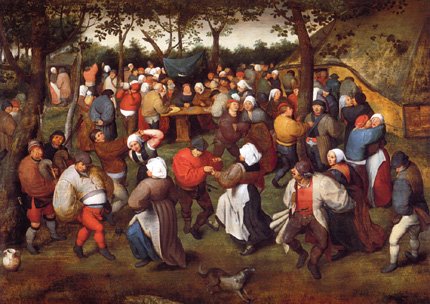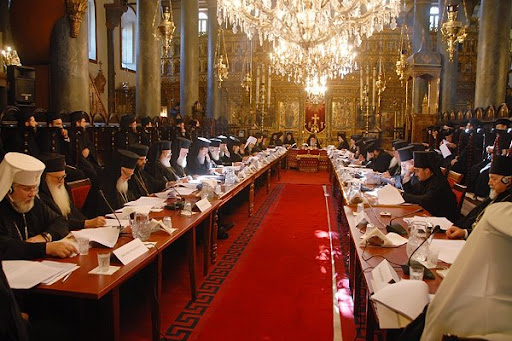Today marks the beginning of the Week of Prayer for Christian Unity.
When a sin becomes sufficiently commonplace, we tend to lose the ability to see it for what it is. It becomes merely something that 'everyone does.' We lose sight of its evil, and take it for granted. It blends into the background of our daily lives. And when we no longer see it as evil, we no longer labor to eliminate it. We refer it to fallen 'human nature,' whose only cure is the Second Coming. We might even mock those who work against it, treating them as foolish idealists.
What is true of sin in general is also true of schism. The fact of schism has become so commonplace that very few recognize it for what it is. It is as if schism simply disappeared, one of those evils of long ago, but one which has no referent or application among us today. It disappeared by becoming ubiquitous and ordinary. We swept schism under the rug of diversity, making the fact of division the new unity. We think nothing of there being Catholic, Orthodox, Baptist, Methodist, Presbyterian, Lutheran, Reformed, Anglican, Pentecostal, Independent, Seventh Day Adventists, ... etc., etc., buildings on each block. We look at them and think that's the way it is supposed to be. We do not think, "Wow, look at all the schism." That's not how we see. Schism is so normal that we don't see it as schism.
The first step in overcoming an evil is recognizing it as an evil. And the first step in overcoming schism, is seeing it for what it is, seeing our divisions as
divisions. May God give us the eyes to see.
Pray the prayer for the first day of the Octave.














